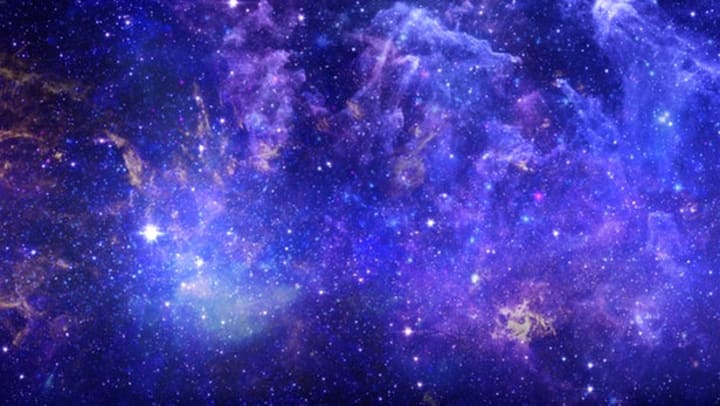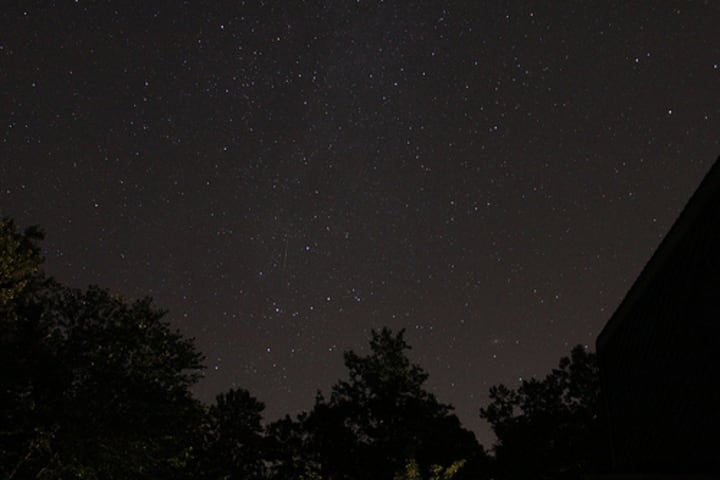
Since the dawn of time there a was an empty space then a huge supernova brought a universe that lies the outer worlds of imaginations that we can think there are other possibilities of whole new galaxies thriving in different regions of the known universe holding knowledge that basks in the cosmos, since time many anomalies lie hidden in the worlds of space. Throughout the history of the past many terrestrials began to shape bringing rocks and gases clumping then together that formed huge terrestrial giants, but back in the early existence of the universe well..... there wasn't anything to explore.

When the bang didn't accrue what was there? before the big bang it's possible that the universe existed as an incredibly small singularity it's possible that before the Big bang the universe was an infinite stretch of ultra hot, dense material, persisting in a steady state until, one gaint supernova accrued maybe at the time before existence there was another universe just like ours but ended like another solar system that ended like ''the big crunch'' another possibility is that many scientists do think that the universe went through a process of exponential expansion called inflation during that first second of the big bang, if there wasn't any existence of when the big bang didn't happen wouldn't that mean the laws of physics never happened right? or there was state where time or boundary existed.
Things that make up the universe:
- Gases and Compounds
- Dark matter and Dark energy
- ordinary matter
- protons and electrons
- Elements like Magnesium, Iron ,Nickel and metal
- Cosmic rays and radiation crust

In the universe the main component that the universe is made up of is dark energy and dark matter with some ordinary matter like electrons and protons but what we know is it contains more then matter some stars in the universe radiate different gases mainly most stars radiate Hydrogen and Helium just like gas giants these gases tend to be the main source of what most gas giants are made of but throughout history different discovers occur with many Astronomers discovering different exoplanets some are made completely made of rock, a mantle core, magma, Iron, Magma chambers and Nickel well many exoplanets have these elements some are composed entirely of Helium, Hydrogen, a mantle core, liquid metal, and a few other gases.
So our universe is surrounded by these ancient beats that brings the galaxies to it's wonder many anomalies to uncover in this brand world.

Throughout history in the known world humans have peered through the sky's using telescopes to detect new stars and discovering new orbits through the galaxies but some stars form a labyrinth of patterns which can also lead to many shapes that some of them create these patterns can resemble references like objects to animals from statues to instruments some of these stars form in groups when stars form together and appear in a pattern shape this is often called a constellation this can often be located in regions of stars where there are many galaxies holding different solar systems, but there are a few things what constellations can do to help your track key information when starring up in the night sky.

It's important to understand what many types of constellations can do we need to know how we see constellations, one clue is know which part of the planet your at, know the stars your looking at, and also use a star chart lots of constellations change depending on which part of the world your at and also it's good to use a star map help here are what we can learn from constellations:
- They can be used as a compass point.
- Constellations can tell you which part of the world your at.
- They help detect where different stars are located in the universe
- It can teach us to know different points in the night sky.
- Many of them help locate exoplanets in which regions.
- They can form different shapes.
- Also it helps us to remember where to find planets beyond our solar system.
so there are a few things that different constellations can do it can be used as a direction point in travel, they can detect which part of the world you are out, many of them form lots of shapes so we can determine which constellation that is, and help to discover exoplanets outside of our solar system and tell us which point of the shy were looking at
some parts of the night sky can help us understand how to travel when people don't have phones or a GPs this is a good idea for when in times of need it can also be an option to learn ideas on how to use your surroundings when at night.

Since time began millions of possibilities lurk throughout the unknown worlds of endless imagination in which humanity has yet to know and uncover, most technology with have could make a good solution for future examination on more, constellations, exoplanets, galaxies and regions of stars with those resources with can understand more matter in the universe and how different elements work in galaxies the most humanity can achieve now is speculate with the results we have made over the years also data we have plotted thanks to Astronomers and special equipment.
Humanity has done a lot up to it's history of the cosmos sent space probes plotted data and named planets and moons but as we more into vast world of space mankind are always one leap ahead...
About the Creator
TKExpress
I like to Study Astronomy, Geology, History, and Futurism and the best way to handle it is to do it One-step for mankind and to adapt the knowledge I received into the creation of creativity and the world One-leap for humanity.






Comments
There are no comments for this story
Be the first to respond and start the conversation.